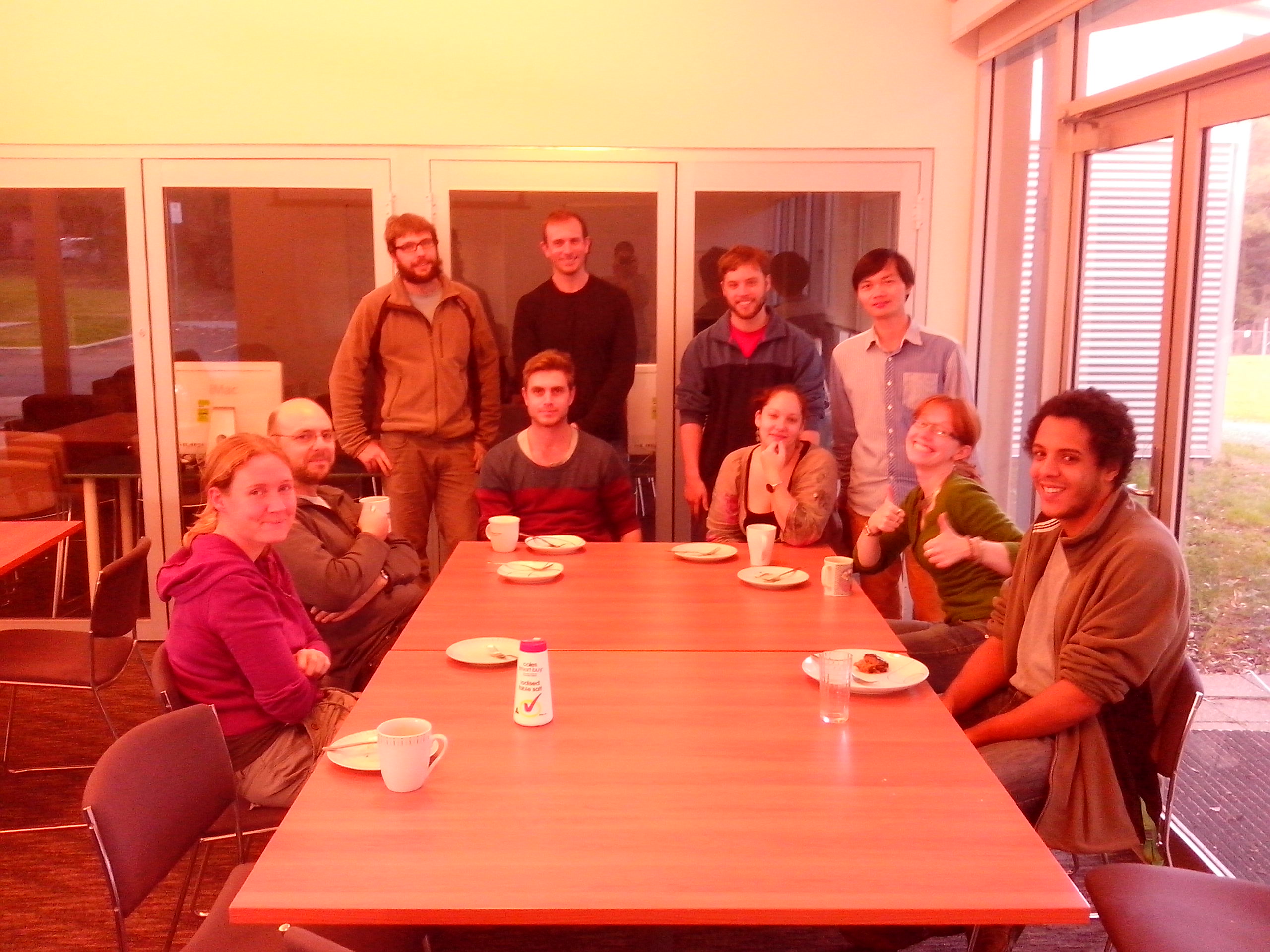A fantastic trip in Sydney, supported by a Travelling Fellowship
Posted by Xujiang He, on 16 July 2013
With the support from The Company of Biologists, I was lucky to obtain the opportunity to visit Macquaire University in Australia for approximately two months. It was a fantastic trip, and I have made a lot of progress which I think will contribute enormously to my future research-career plans.
I am a master degree student, studying in Jiangxi Agricultural University, China. My research field mainly focuses on the biology of honey bees. In order to apply for the Travelling Fellowship, we designed a research plan on honey bees, aiming to determine whether there is a sub-caste of worker bees who specifically feed queen larvae. We started and finished this project during this trip, and we fortunately obtained very interesting results from our experiments.
First, the background of this study. Whether honey bee young larvae develop into queens or workers depends on the amount and type of food received during early larval development. For instance, the food can differ in the content of sugar, proteins, vitamins and microRNA. In addition, many previous studies indicated that the division of labor of honey bees depends on the requirements of its social environment. Our previous study on the genetic differentiation between nurses attending worker larvae (AWL) and others attending queen larvae (AQL) revealed that hundreds of genes were significantly differentially expressed between them as well.
However, the results of the behavioral experiment that we completed in this trip indicated that there were no special royal nurses in the honey bee colony when the queen larvae suddenly emerge. Nurses attended both worker larvae and queen larvae. Our results also revealed that there was no difference in age between AQL and AWL. The only difference detected was that AQL were significantly more active in term of attending activities, and needed a short break (couples of minutes) before attendance, whereas AWL could keep on attending worker larvae without any break. These behavioral differences suggest that producing Royal Jelly (which is specifically fed to queen bees and is more nutritive than Workers Jelly), is possibly more labour intensive, but bees are not required to change roles to achieve this. This study highlights a novel model for the interaction between the environmental factors and the division of labor in eusocial insects. Therefore, we aim to publish these results soon, and hope it could be accepted by the journal Molecular Ecology.
Furthermore, during this trip, I have found some differences between the scientists from Australia and China. For example, people from China and Australia do their scientific work in different ways. Chinese researchers consider more the results that they can obtain in their scientific work, whereas Australian focus on the processes of their work more. This difference may reflect different cultures. I have decide to make this difference known to chinese people that I interact with in my future career, as it may help them understand more easily the scientific work outside China, and communicate with scientists of other nations more efficiently.
My English has also improved rapidly during this period studying in Australia, which is enormously helpful for my further career. Thus, I thank the Company of Biologists for giving me a chance to study overseas: thank you! I hope the Travelling Fellowship program can help more people wherever he/she comes from, and more and more Chinese students or young scientists can be supported in the future.



 (4 votes)
(4 votes)